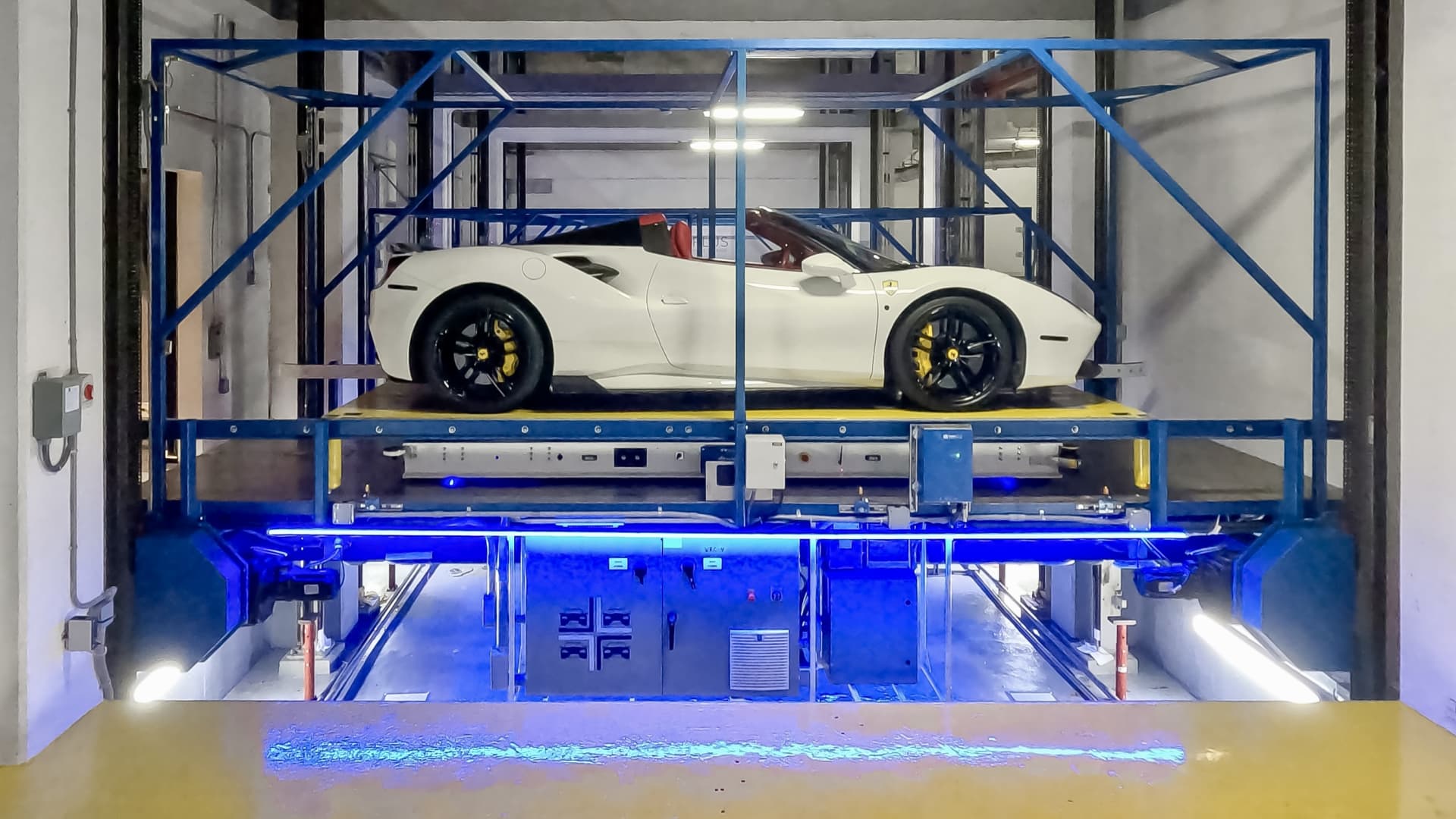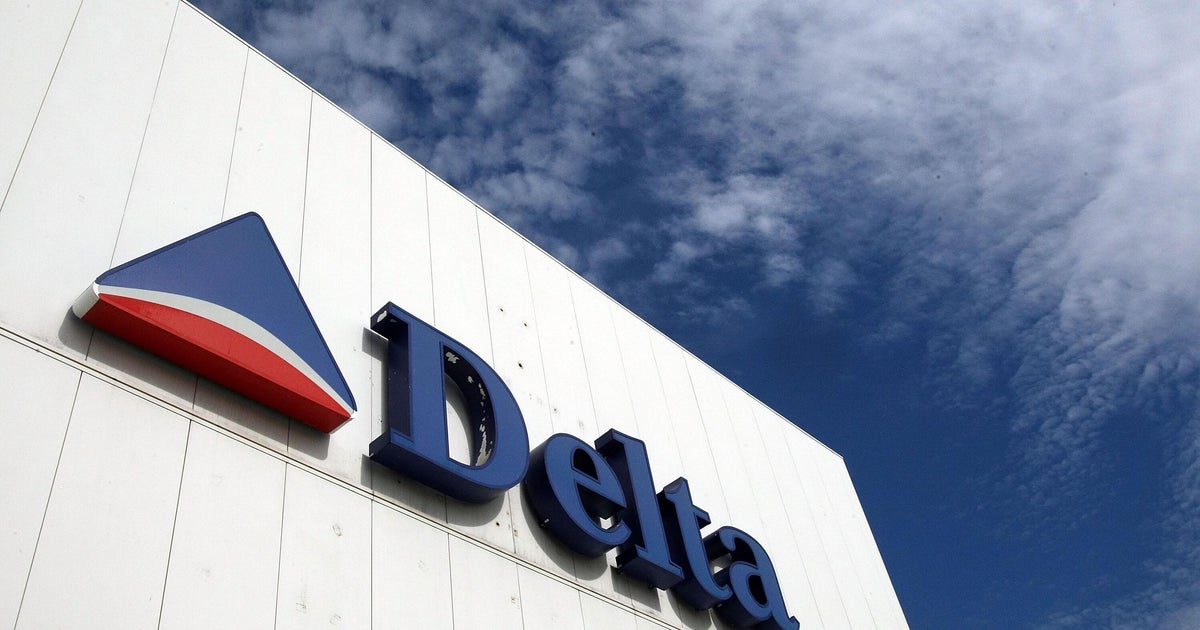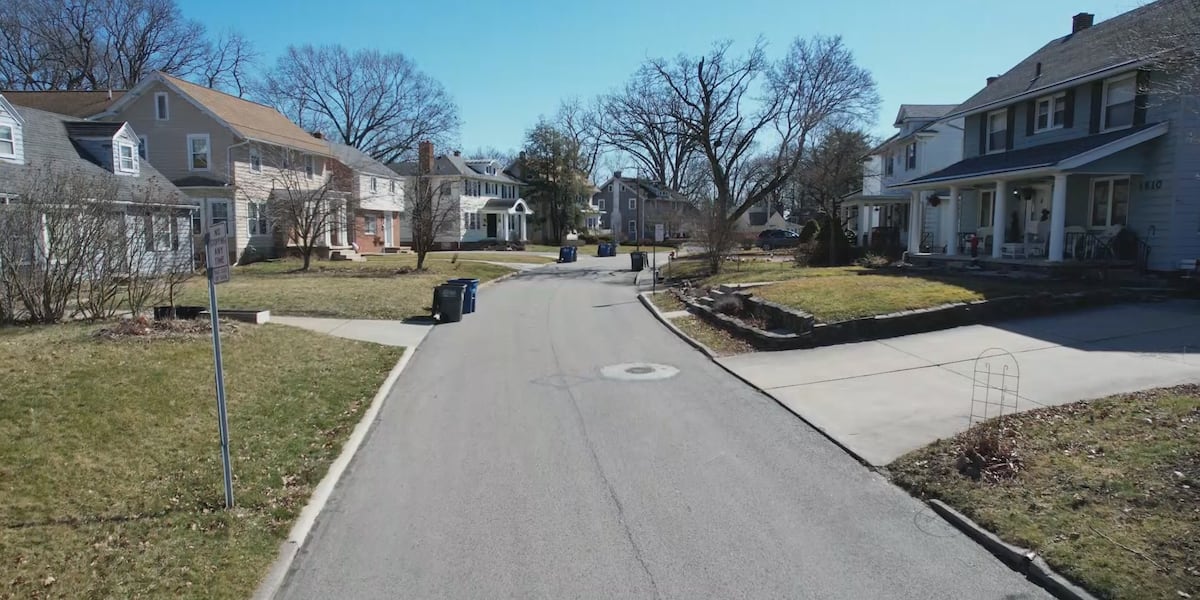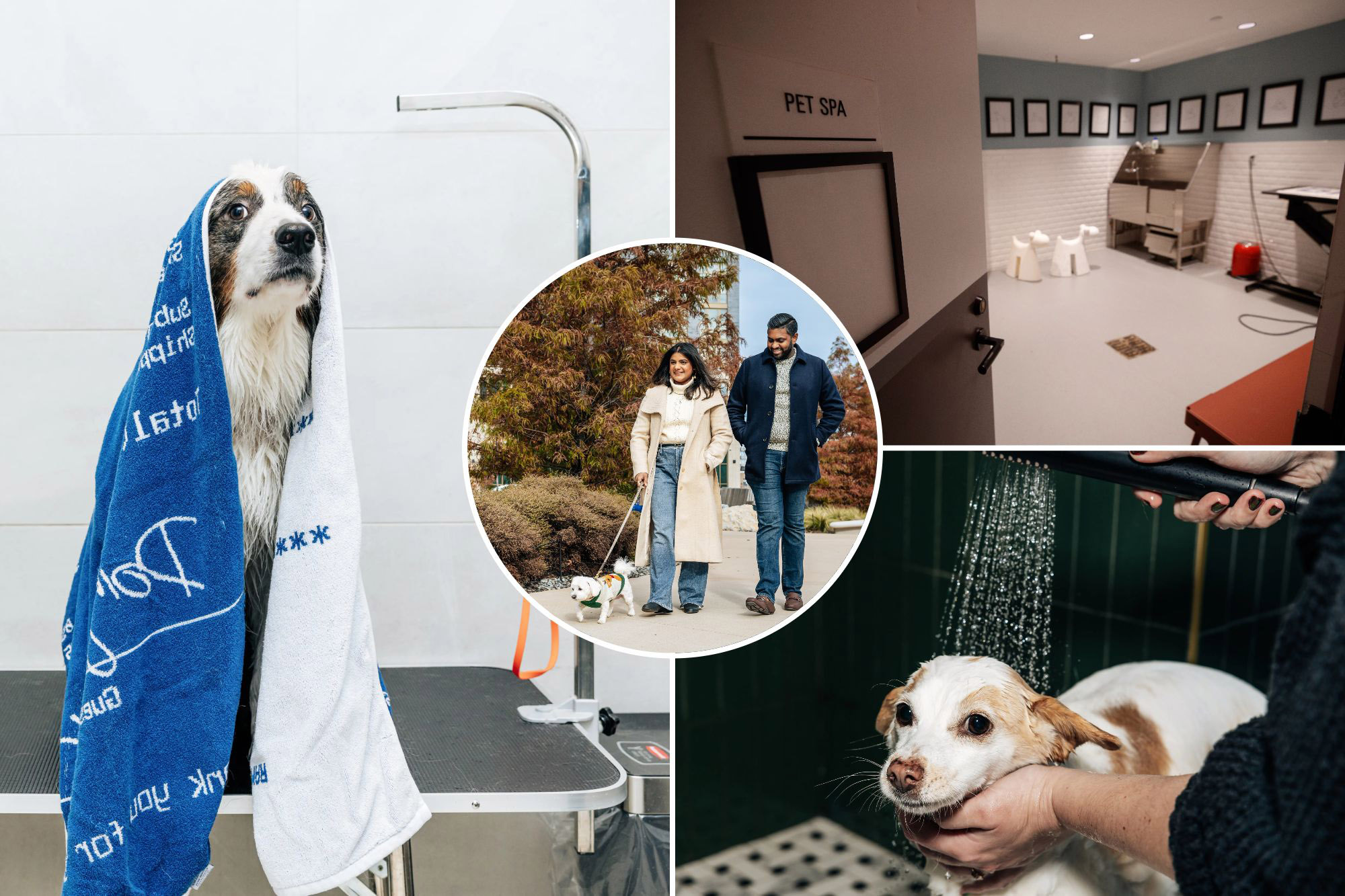I
nside Miami's 46-story luxury condominium building, Brickell House, lies a massive garage where dozens of robots efficiently park cars for residents. The futuristic operation spans 13 levels, employs five car lifts, lasers, and hundreds of bar codes to guide the robo-valets. Residents can pull into designated bays and hand their vehicles over to the automated system, which whisks them away to a parking spot.
The Brickell House garage is the largest and tallest automated parking system of its kind, according to ParkPlus, the company behind it. This trend is gaining traction in high-end real estate, with luxury condos now featuring kiosks, car lifts, and car-parking robots. A coveted spot in some Manhattan condos can cost upwards of $300,000.
The garage's 29 automated guidance vehicles (AGVs) use vision systems, lifts, and lasers to precisely park and retrieve cars. Each AGV is 12 feet long and 4 feet wide, with eight wheels, bright flashing lights, and an electronic eye that reads bar codes for guidance. The robots can carry cars up to 6,000 pounds and slide under vehicles to effortlessly transport them across floors and into car lifts.
The system's precision allows it to squeeze vehicles into spots just 2 inches apart, making the most of the garage's space. During a test run, a Ferrari was retrieved from the ninth level and delivered to a ground-floor bay in under four minutes. The AGVs have demonstrated they can move 15 vehicles in and out of the garage for 40 hours straight without issue.
The cost of an automated system like Brickell House's varies widely, but ParkPlus estimates it ranges from $20,000 to $80,000 per spot. This investment is motivated by the system's ability to maximize precious square footage, potentially boosting apartment sales and freeing up space for residences.
However, new technology often comes with its own set of challenges. Billionaire Palmer Luckey filed a lawsuit against his builder and subcontractor after getting stuck in his private garage elevator. The incident highlights potential risks associated with high-tech parking systems. In Miami, Brickell House itself faced a similar issue when its previous parking system failed, trapping residents' cars and resulting in a $40 million damages award.
ParkPlus group president Paul Bates acknowledges the industry's past mistakes but sees the new system at Brickell House as a step forward in innovation and risk mitigation. The company has learned from these experiences and is committed to improving system reliability and addressing concerns that have plagued the automated parking market.














